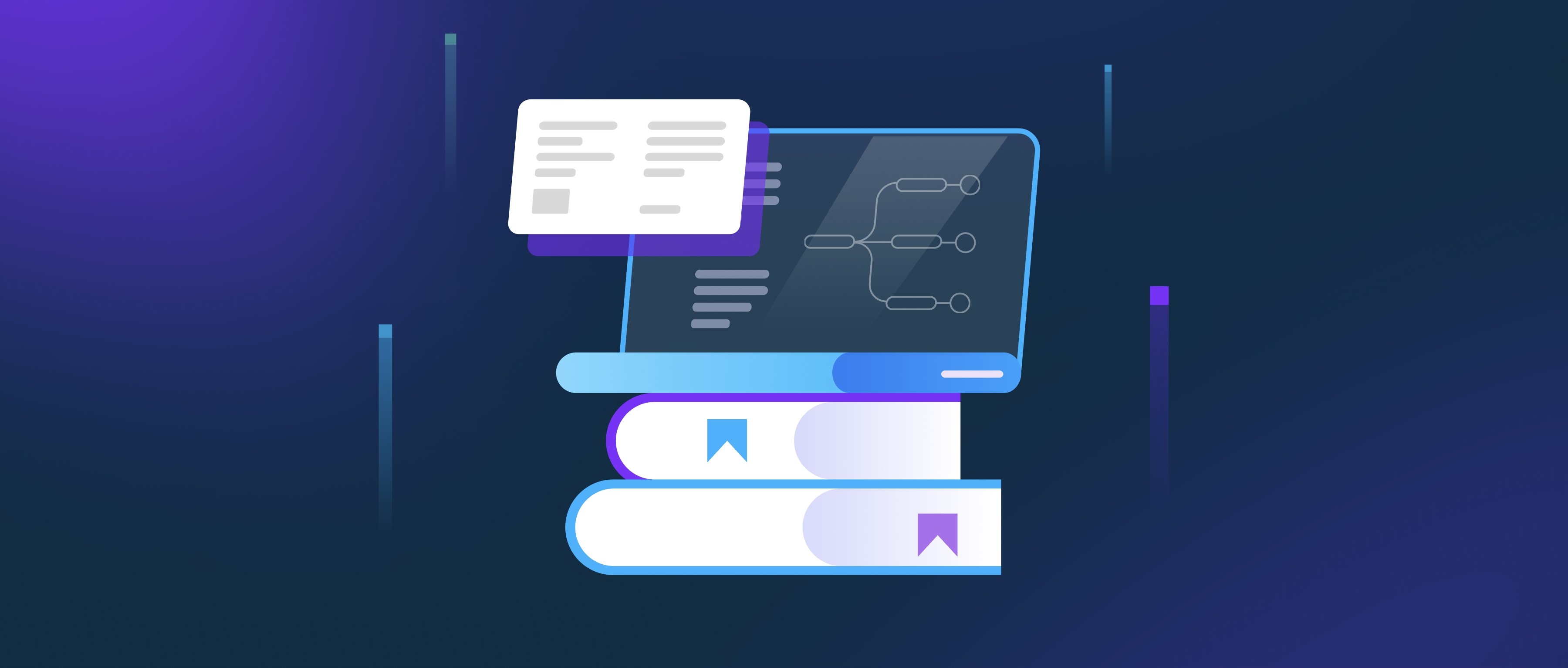Yes, LangChain can use OpenAI models, allowing developers to integrate language models like GPT-3.5 and GPT-4 into their applications. LangChain provides a framework that simplifies the process of building applications using language models. By leveraging OpenAI's APIs, developers can easily access and implement these powerful models to perform tasks such as text generation, summarization, and question-answering.
To set up OpenAI models with LangChain, you first need to acquire an API key from OpenAI. This key is essential for authenticating your requests to OpenAI’s services. You can obtain the key by signing up on the OpenAI website and navigating to the API section of your account. Once you have the key, ensure you install the LangChain library, which you can do using a package manager like pip. The installation command is typically pip install langchain openai, which installs both LangChain and the OpenAI dependency needed to make the API calls.
After installation, you can start by initializing the OpenAI model within your LangChain application. This involves importing the necessary classes from LangChain and setting up the OpenAI environment with your API key. For example, you might write code that looks like this:
from langchain.llms import OpenAI
# Initialize the OpenAI model with your API key
openai_model = OpenAI(api_key="your_openai_api_key")
response = openai_model("What is LangChain?")
print(response)
This snippet initializes your OpenAI model using LangChain and makes a simple request to generate a response to the query about LangChain. From here, you can expand your implementation to suit your project's needs, such as adding input/output processing, configuring model parameters, or integrating the language model with other components of your application.
